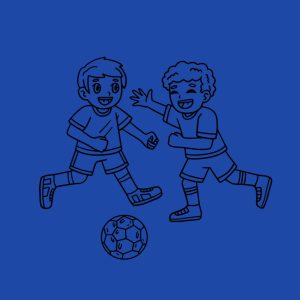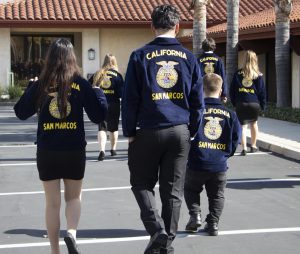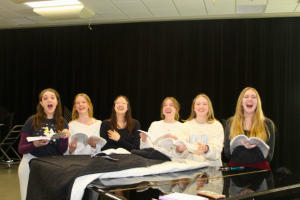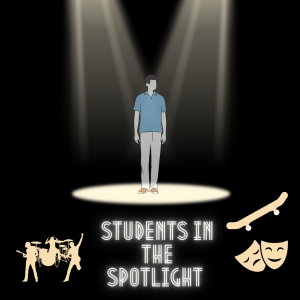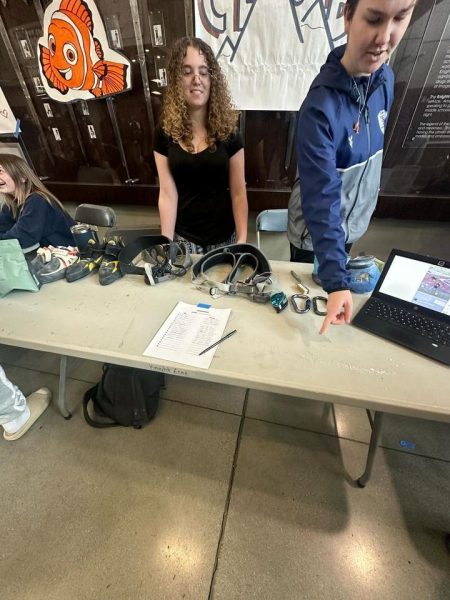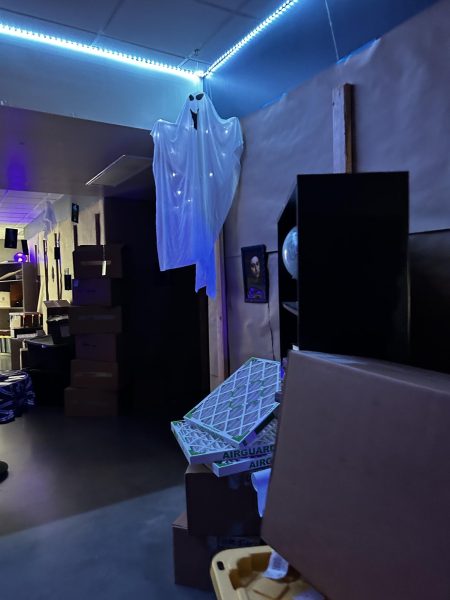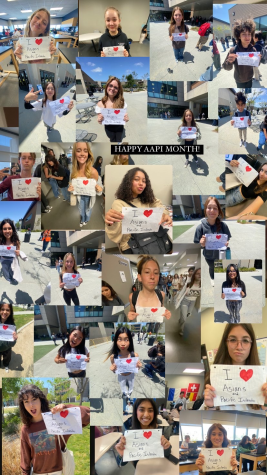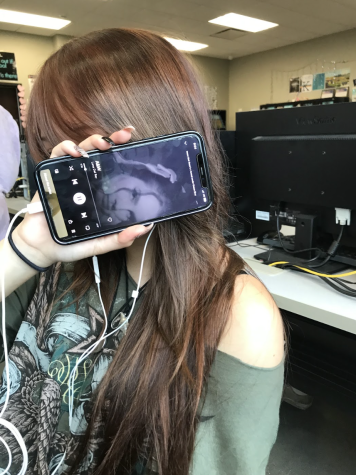Trust the Process: Three Teenagers Reflect on Taking Risks

By Jayden Stephenson
We’ve all taken a risk. Big, medium, small risks, they all come in different shapes and sizes. It’s something every person has experienced.
According to the New York Post, 14 is the riskiest age for a teenager. Peer pressure, embarrassment from parents, more creativity and of course, puberty can decipher the decisions we make, which leads to either good or bad conclusions. Teenagers tend to take certain risks that are either terrible choices or mature ones that were made with the help of outside factors. The difference is this: healthy risk taking can lead to increased responsibility and new skills, as well as learning who you are and having new experiences. However, bad risk taking can lead to the opposite of the things listed above. Things like unprotected sex, drunk or high driving, breaking the law, and getting suspended can all come with terrible consequences.
In late March of 2021 8th-grader Kaelyn Nixon took a big risk. Vaccine trials for children were taking place. Kids ages 12-16 participated in a trial that would determine whether the COVID-19 vaccine, previously manufactured for adults, would be available for teenagers. According to Nixon, it was a good decision to do it.
“I definitely feel like I’ve made an impact with my family, and I went to Las Vegas one time which is where my grandpa lives and I felt safe because I [had gotten the vaccine] and I wouldn’t cause him risk,” Nixon said. She had gotten the vaccine exactly for that reason, to keep her family safe.
Nevertheless, unreasonable and rational risk taking are essentially the same but with different circumstances. It is, quite literally, cause and effect. Drive recklessly and you may or may not get in an accident. Try out for a sports team and you may or may not get on the team. Either way, whether you make it on the team or not, you are learning something. Freshman Sofia Aguilar learned something when she made the Girl’s Freshman Soccer Team.
“You just need a lot of motivation to juggle soccer and school, and you need to not procrastinate or else you’ll fall behind,” she said.
Trying out for a sport you already play is nerve wracking, but trying out for a sport that you’ve never played is more nerve-wracking. Even if you can sign up without getting cut, trying something new whether it’s sports related or not is still a scary thing, and a big risk. Freshman Maya Culjat knows exactly what that feeling feels like.
“I ultimately decided to do [field hockey], but I got a lot of pressure from [my friends] and stuff like that, but I was nervous but it was also kind of exciting to try something new,” she said
Nixon, Aguilar, and Culjat have all experienced something having to do with risk taking. Trying something new, trying out for a team, testing a vaccine to see if it’ll work. All took a leap of faith and created change for themselves and they learned something new about different experiences. Looking back on certain things you’ve done, especially risky things, may lead you to think you either made the wrong or right decision. Whichever one you think, the risk is doing its job; shaping you into the person you are, the person you want to be, and the person you will be.
“I think people should always [take a leap of faith] when they have a chance,” Nixon said. Aguilar somewhat agrees. “You may have the chance to take a leap of faith but you also have to think about the effects of taking the risk and if you’re ready to handle any responsibilities you might gain,” she said. As for Culjat, she agrees but also has this food for thought. “Trust the process even if you don’t get the outcome that you expected or that you wanted, you know, better things are going to come to you soon and it’ll just turn out fine,” she said.
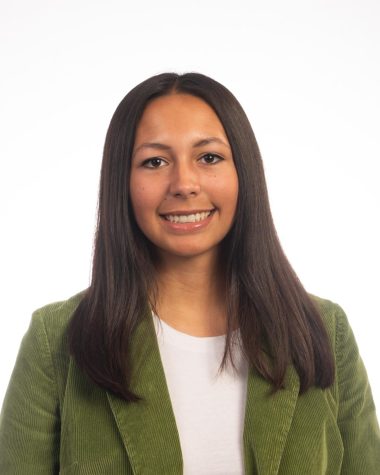
Jayden joined journalism because Criminal Justice was full and this class was my second choice for an elective. But she made it one of her choices because...

